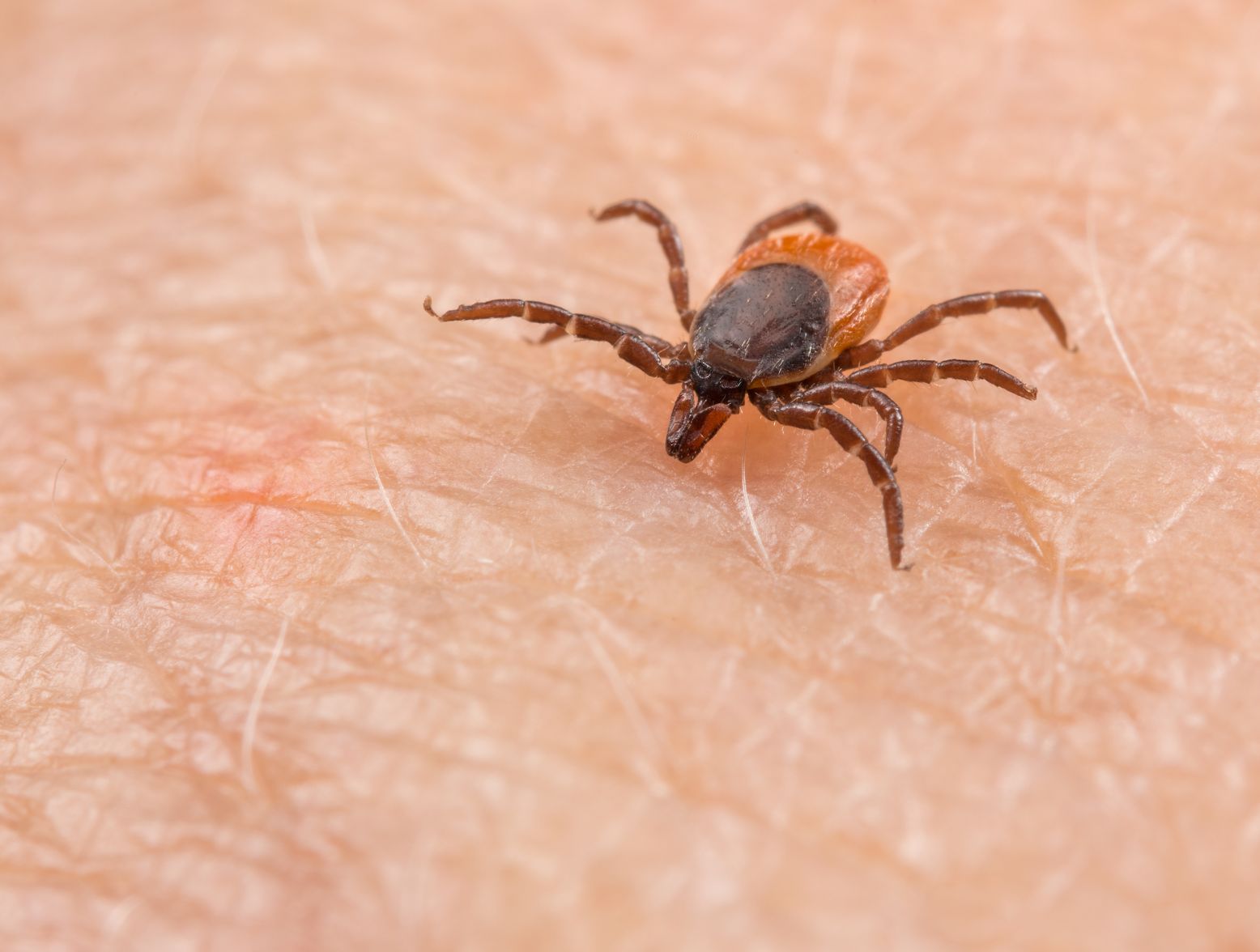Update: ADOPTED! Pax Urgently Needs To Leave The Aiken County Animal Shelter
Pax is at the Aiken County Animal Shelter and really needs your help.
He is in URGENT need of adoption or rescue.
Pax Needs To Leave The Aiken County Animal Shelter
Pax is all love and cuddles. It’s all he wants to do. After his morning potty break, he pulls everyone over to the couch for hugs. This loving dog has a very short time left to find a home. So far, every animal we’ve posted has found a home.
It’s like he can’t catch a break. He’s been at the shelter off and on for 19 months. He gets adopted and then brought back, due to people’s problems. It’s no fault of his own.
He’s been at the shelter for so long; he thinks it’s home. The shelter is running out of space.
The Particulars On Pax
Pax is 3 years old and weighs 70 lbs. He’s good with the other dogs in the play group. When he sees new people, he barks, so no one stops at his kennel or asks to meet him.
He’s neutered, vaccinated, microchipped, but does have heartworms. Treatment for that will be provided at no cost to you. He’s housetrained.
His adoption fee is $35.
The Aiken County Animal Shelter is located at 333 Wire Rd., Aiken, SC.
E-mail, [email protected] to meet Pax.
Walk-Ins are welcomed from 11am-4pm Monday through Saturday.
The shelter is full, as it always is. If you can’t provide a loving home for him, Pax needs you to pass this along so he can find one.






